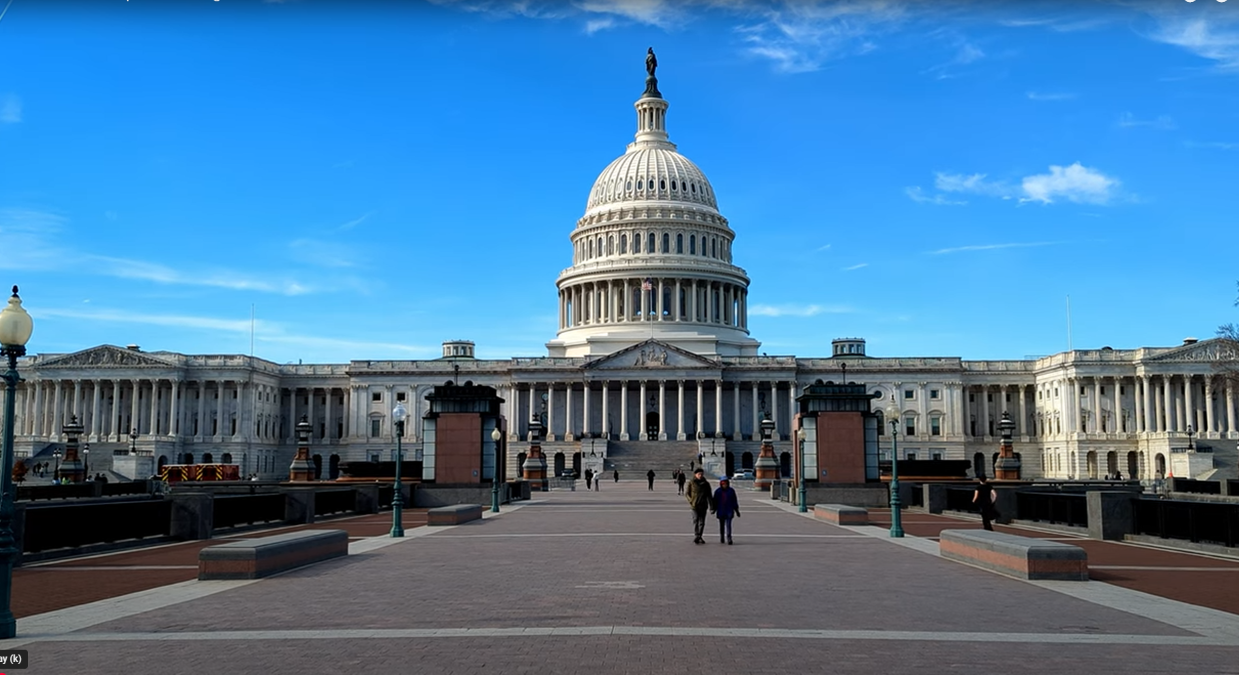Senator Jim Banks, R-Ind., is urging the U.S. Census Bureau to address what he describes as significant errors in the 2020 Census that have resulted in an inaccurate allocation of congressional seats and Electoral College votes. In a letter sent to Department of Commerce Secretary Howard Lutnick, Banks requested an investigation into these discrepancies and emphasized the need for accurate data ahead of the 2030 Census.
Explainer Sen. Jim Banks Calls For Review of 2020 Census Errors
The Census Bureau acknowledged in 2022 that the 2020 Census contained flaws in 14 states, impacting the political landscape until the next census. Current U.S. law prohibits the use of mid-decade census results for congressional apportionment, meaning the inaccuracies will persist until 2030.
According to Banks, the 2020 Census undercounted populations in five states, including Arkansas, Florida, Mississippi, Tennessee, and Texas, while overcounting in six states, predominantly Democratic, such as Delaware, Hawaii, and Massachusetts, as well as in two Republican states, Utah and Ohio.
“In 2020, the Census Bureau made widespread errors,” Banks stated in his letter. “These errors happened for various reasons — but in part because the Census Bureau published census data using a new methodology that intentionally miscounted the population.”
In 2020, the Census Bureau made widespread errors,
The methodology in question, known as differential privacy, is designed to protect individual privacy by introducing random data into the census results. Critics argue that this approach compromises the accuracy of the data, making it difficult to ascertain the true population figures.
Banks contends that the flawed census results have disproportionately benefited Democrats. He asserted, “The reports may have also miscounted the population in a number of voting districts. If left uncorrected, these errors will continue diluting the political power of American citizens.”
The reports may have also miscounted the population in a number of voting districts. If left uncorrected, these errors will continue diluting the political power of American citizens.
Adam Kincaid, president of The American Redistricting Project, echoed Banks' concerns, stating, “The United States Census is one of the most powerful things that the federal government does to allocate political power. We are living in a malapportioned country right now.” Kincaid noted that the current census results have implications for the Electoral College, suggesting that Republicans could have a better chance of winning the presidency without winning key states in the Rust Belt.
In his letter, Banks posed several questions to the Census Bureau, including whether it plans to republish the 2020 Census results using the original, unaltered data. He also inquired about the steps being taken to correct the identified errors and whether the Bureau intends to use differential privacy methodology in the upcoming 2030 Census.
The issue of counting illegal immigrants in the census has also been contentious. Banks highlighted that the 2020 Census included individuals without tracking their citizenship status, which he argues leads to an unfair allocation of resources and political power to states with higher populations of illegal immigrants.
“It is crucial that the Census Bureau take steps to ensure that the 2030 Census does not allocate political power to illegal aliens,” Banks wrote. He emphasized that states with more illegal immigrants receive increased government funding and voting power, which he believes skews the political balance.
As the Census Bureau prepares for the next census, the debate over the accuracy and methodology of the 2020 Census continues, with calls for transparency and accountability growing louder. Banks has requested a response from the Census Bureau by November 6, 2025, as he seeks clarity on how the Bureau plans to address these significant concerns.
Why it matters
- Sen. Jim Banks highlights errors in the 2020 Census that skew congressional seat allocation and Electoral College votes, impacting political representation.
- The Census Bureau's acknowledgment of flaws in 14 states raises concerns about the accuracy of population counts and their political implications until 2030.
- Banks argues that the differential privacy methodology used in the 2020 Census compromises data accuracy, potentially benefiting Democrats disproportionately.
What’s next
- Banks has requested a response from the Census Bureau by November 6, 2025, regarding the investigation into the 2020 Census errors.
- Calls for transparency and accountability in the Census Bureau's methodology are increasing as the 2030 Census approaches.
